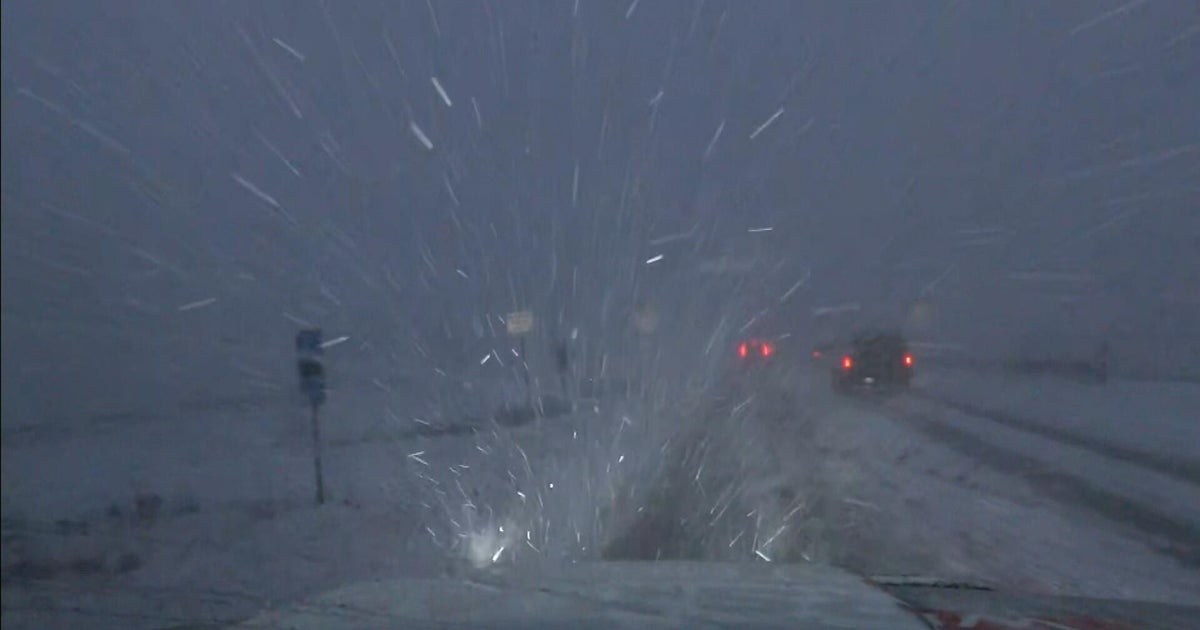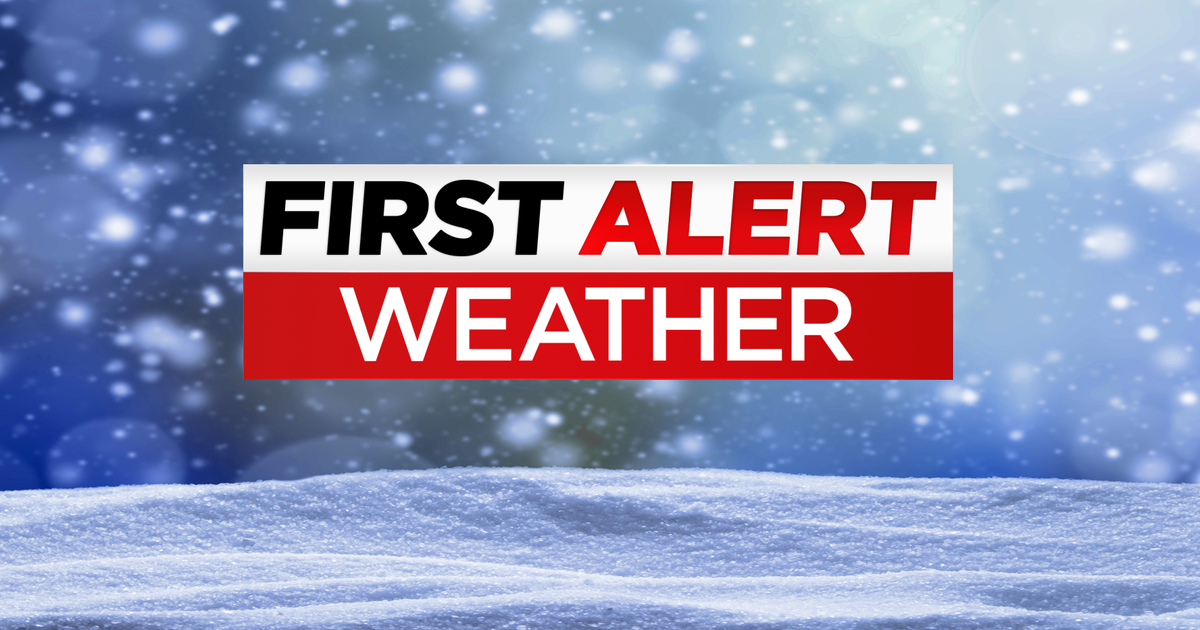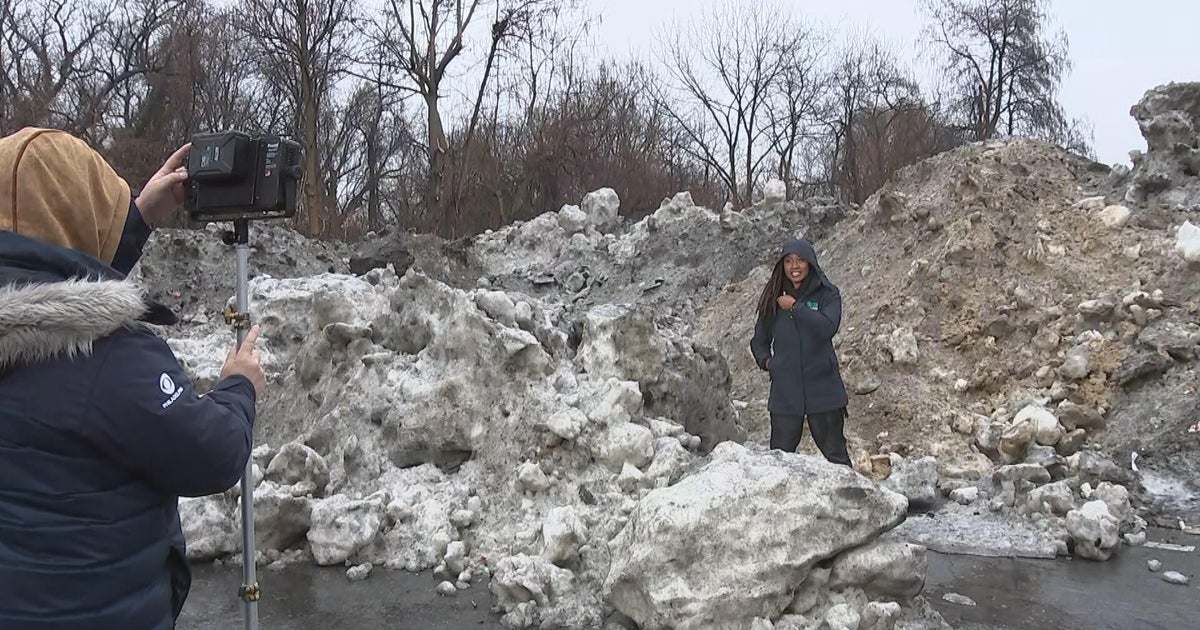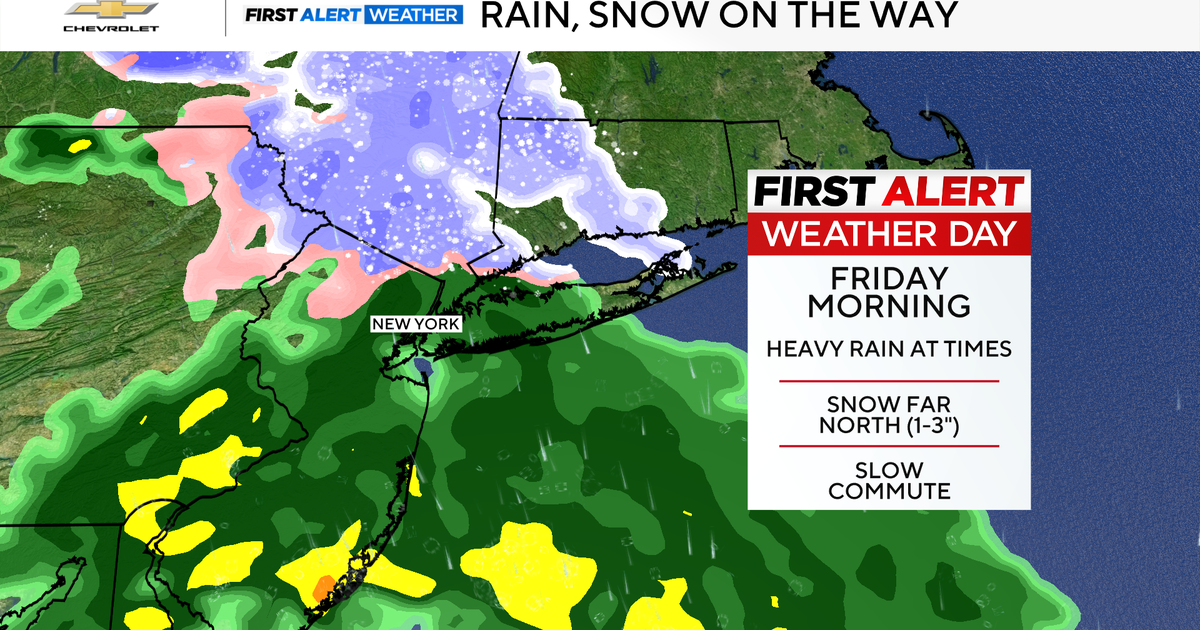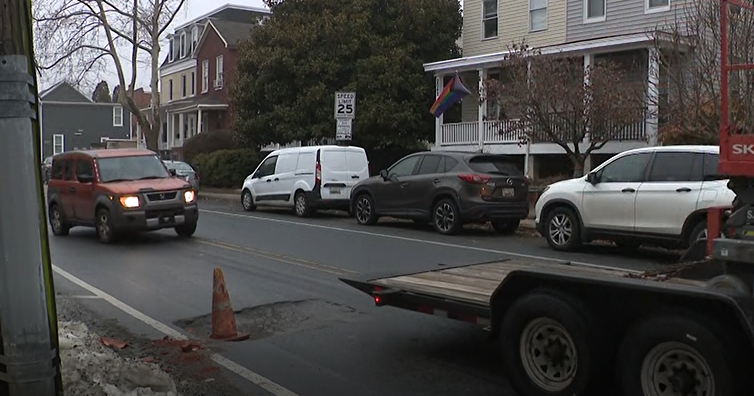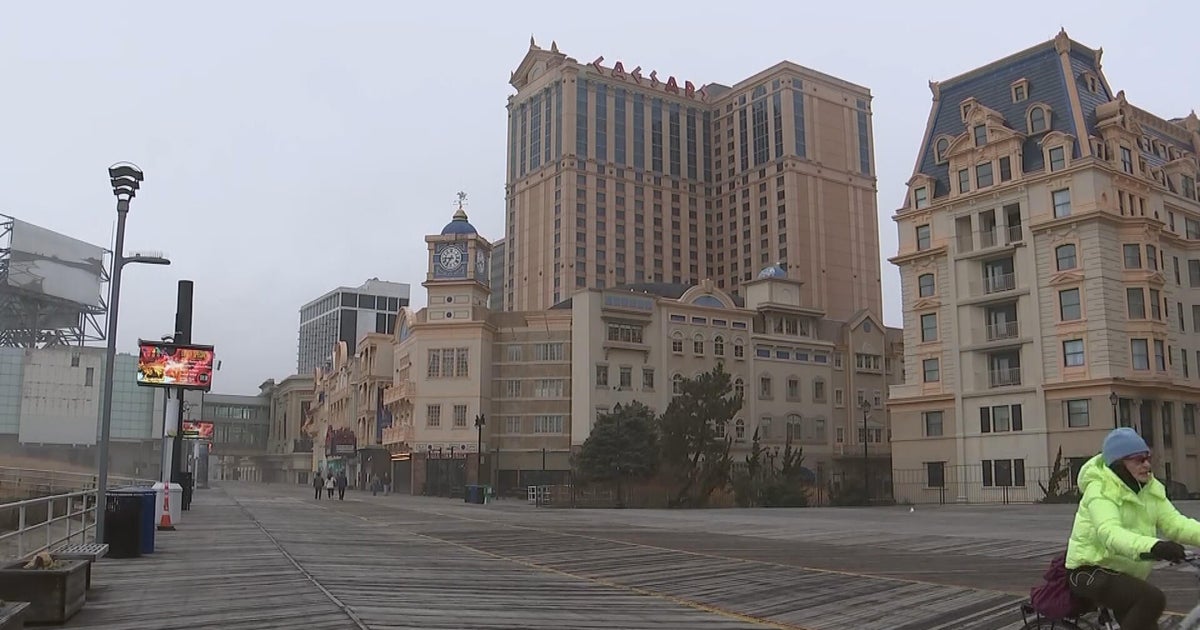CDOT: Give Plows Room To Clear Snow
DENVER (CBS4) - With more snow forecast for Colorado this weekend, the Colorado Department of Transportation has an important reminder for drivers: Give the plows room to clear snow.
The snow has been falling every couple of days for the past few weeks and more snow is in the weekend forecast for the mountains and Front Range.
The snow, combined with below-freezing temperatures, is creating a real challenge for road crews to keep the highways and interstates clear.
CDOT said they can handle the ever-changing weather conditions. But the real problem is drivers not slowing down or giving road crews enough space to do their jobs.
Since the Christmas snowstorm, too-aggressive drivers have caused several accidents near snow plows. Drivers can be cited for not yielding to emergency vehicles or reckless driving.
"It could be that they are going too fast for conditions and trying to pass around the plow. They lose control and our plow doesn't have enough time to stop," CDOT spokeswoman Emily Wilfong said.
CDOT has posted several images on its Facebook page that detail just what can happen when things go the wrong way.
"When they're right next to us, it's unsafe for us and for them," snow plow operator Mike Kyrimis said. "When they're right next to us, there's a possibility of maybe hitting them or putting them in the ditch. That's the last thing we want to do."
That's also why two or more plows will drive the same route at the same time. Kyrimis said his one request of motorists is to give snow plow drivers room to work. He said operators will often drive in pairs on purpose.
"We stay real tight so traffic doesn't get in between," Kyrimis said.
It can be a dangerous situation because a fully-loaded snow plow can weigh about 80,000 pounds, which means the vehicle will typically suffer the most damage.
"We plow on a diagonal and people are trying to get through our plows as they're doing this and that is a really dangerous and illegal thing to do," Wilfong said.
Each snow plow comes with a $250,000 price tag and each time they are hit, it takes them out of service, leaving one fewer plow on the road.

